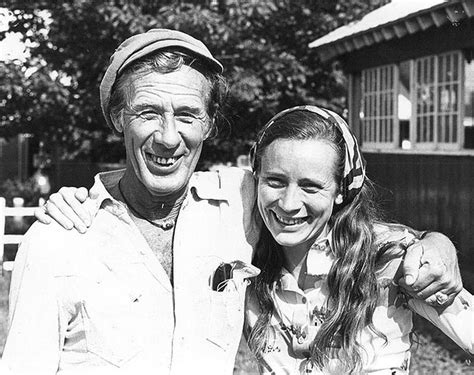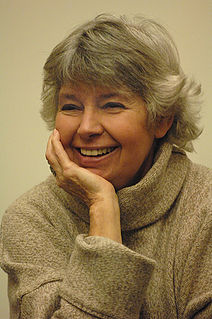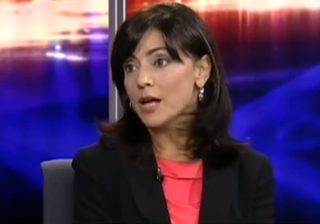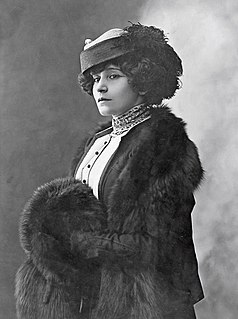A Quote by Walter Farley
Yet when the books have been read, it boils down to the horse, his human companion, and what goes on between them
Related Quotes
When you talk to people about the books that have meant a lot to them, it's usually books they read when they were younger because the books have this wonder in everyday things that isn't bogged down by excessively grown-up concerns or the need to be subtle or coy... when you read these books as an adult, it tends to bring back the sense of newness and discovery that I tend not to get from adult fiction.
Certainly I do not wish that instead of these masters I had read baby books, written down to children, and with such ignorant dullness that they blunt the sense and corrupt the tastes of the still plastic human being. But I do wish that I had read no books at all till later - that I had lived with toys, and played in the open air. Children should not cull the fruits of reflection and observation early, but expand in the sun, and let thoughts come to them. They should not through books antedate their actual experiences.
A house without books is like a room without windows. No man has a right to bring up his children without surrounding them with books, if he has the means to buy them. It is a wrong to his family. He cheats them! Children learn to read by being in the presence of books. The love of knowledge comes with reading and grows upon it.
One might compare the relation of the ego to the id with that between a rider and his horse. The horse provides the locomotor energy, and the rider has the prerogative of determining the goal and of guiding the movements of his powerful mount towards it. But all too often in the relations between the ego and the id we find a picture of the less ideal situation in which the rider is obliged to guide his horse in the direction in which it itself wants to go.
The current publishing scene is extremely good for the big, popular books. They sell them brilliantly, market them and all that. It is not good for the little books. And really valuable books have been allowed to go out of print. In the old days, the publishers knew that these difficult books, the books that appeal only to a minority, were very productive in the long run. Because they're probably the books that will be read in the next generation.



































